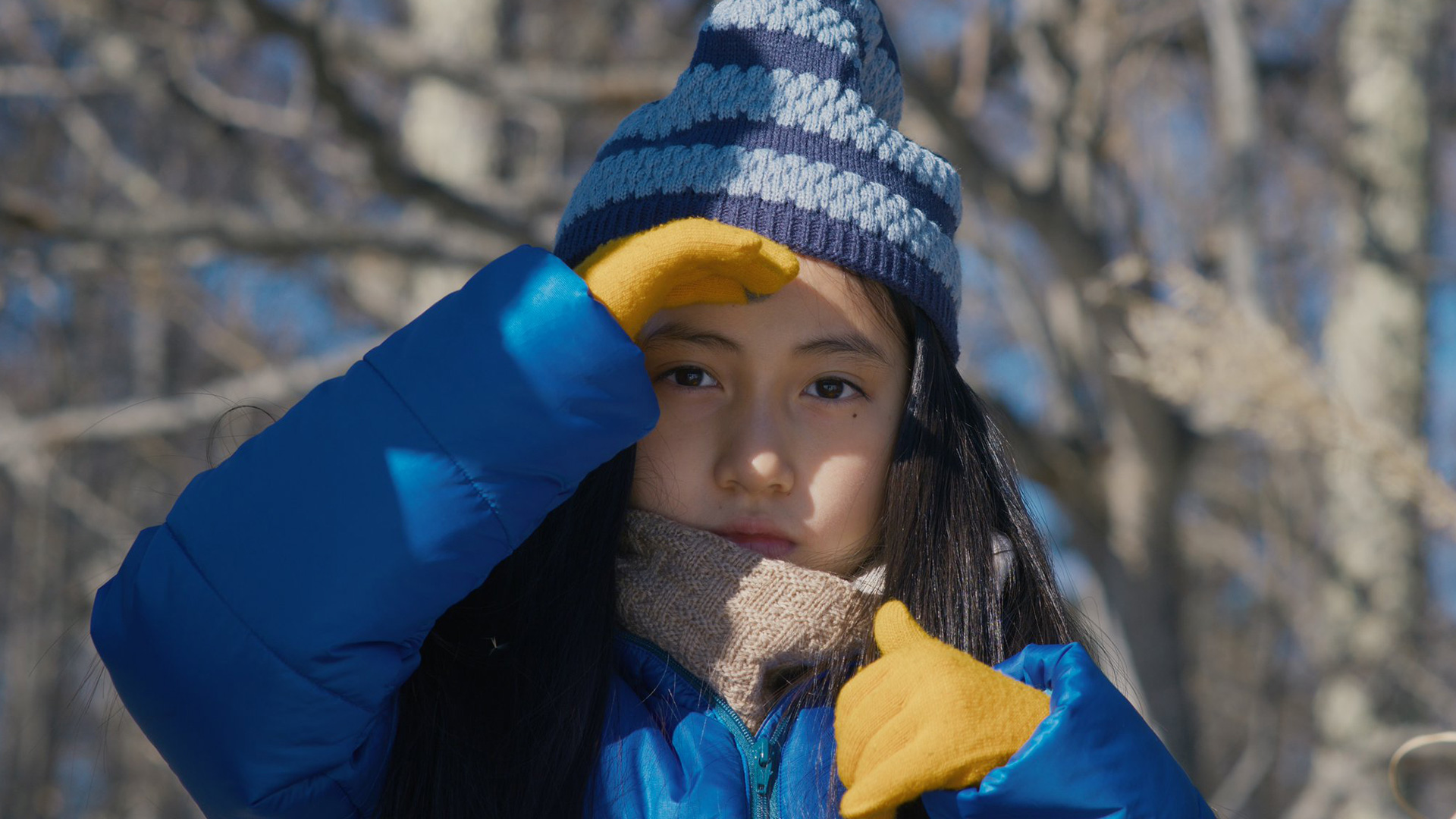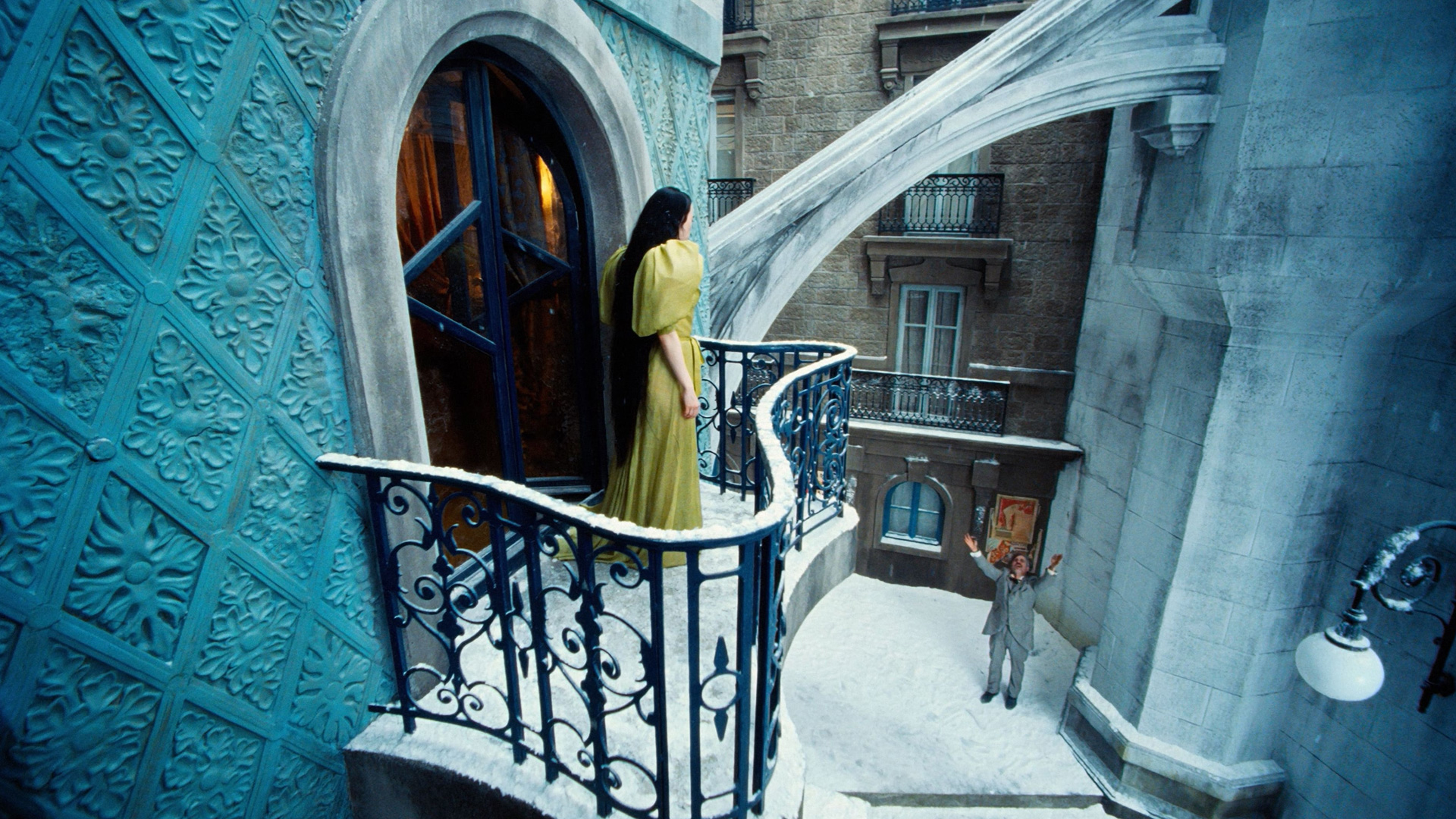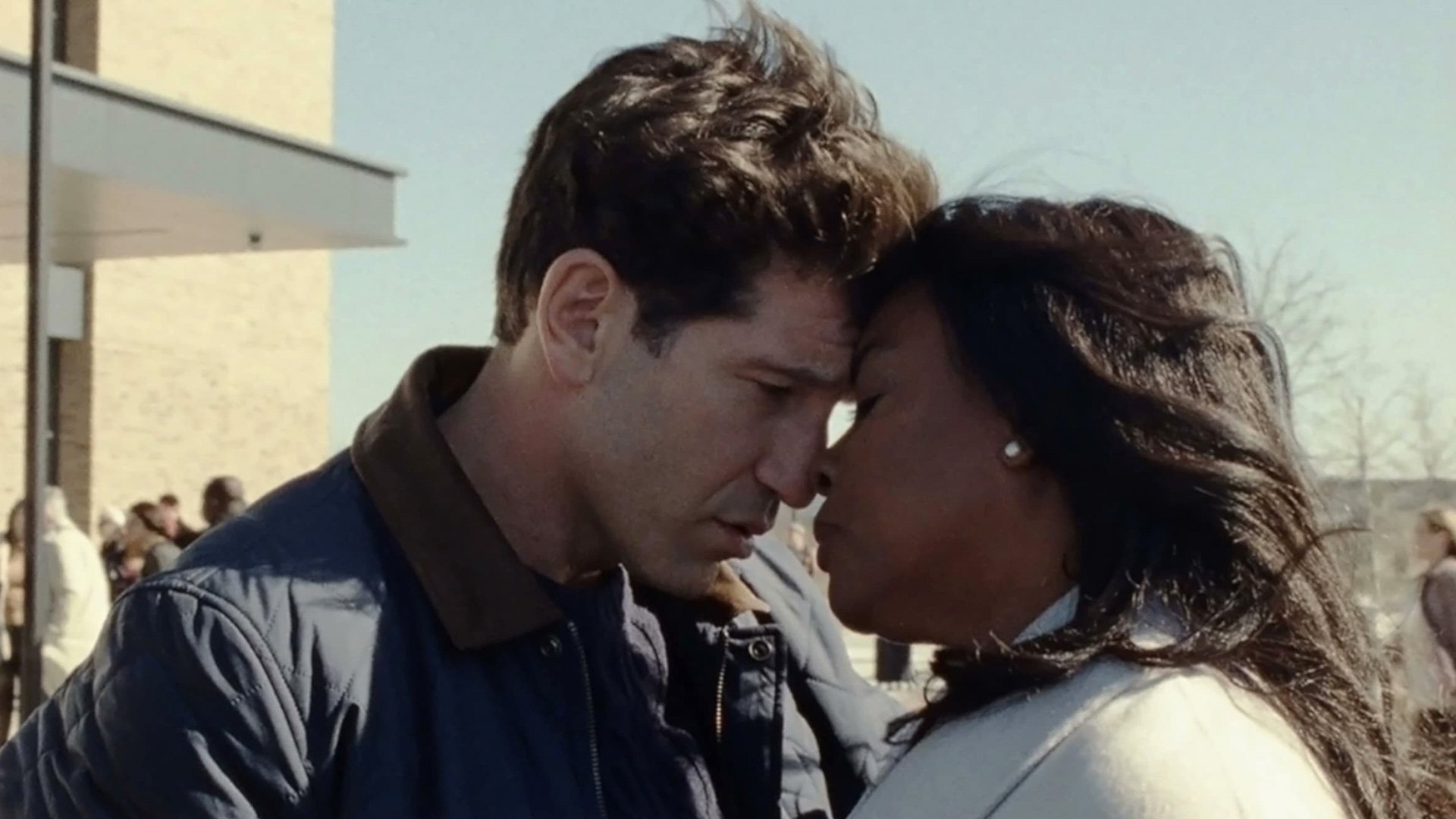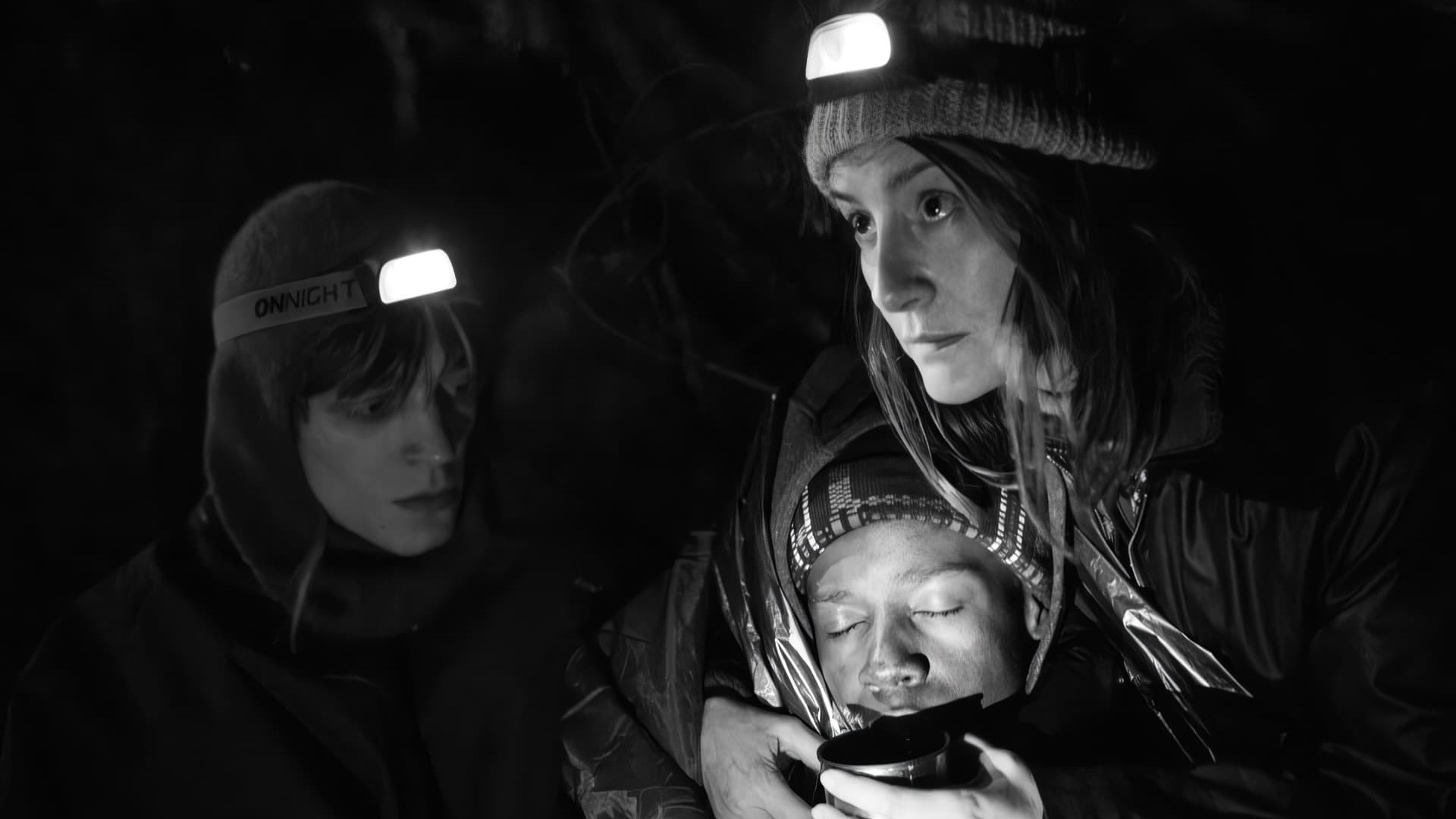Venice 2023: a year rich in outside voices and daring visions

Following his early review of Maestro and rave write-up of Priscilla, Rory Doherty completes his Venice Film Festival coverage for Flicks with a summary of all the big hits of La Biennale 2023.
More so than Cannes, the Venice Film Festival—or, La Biennale di Venezia—marks the beginning of “festival season”, where buzzy performances and Oscar-hopeful dramas begin their gradual ascent towards shiny trophies. Many of this year’s Oscar nominees and winners could be found on the Lido, including All the Beauty and the Bloodshed, Cate Blanchett, Colin Farrell, and Brendan Fraser.
But La Biennale isn’t noteworthy for prophesying Oscars; thinking of European festivals in terms of their relevance to the dominant English-speaking film culture is pretty reductive. Despite 2023’s edition of the Biennale jury leaning heavily on the English-speaking side (featuring Jane Campion, Laura Poitras, Martin McDonagh, and chaired by Damien Chazelle), the top prizes were awarded to a diverse spread of deserving filmmakers.
Venice got off to a slow start, perhaps down to the lack of showbiz pzazz—Venice is the first major festival to be affected by the ongoing SAG-AFRA strikes—or the fact that the buzzy opening film Challengers pulled out of the festival entirely. Industrial action loomed over the festival throughout, with support frequently voiced in press conferences. It gave attendees a necessary reminder that all this prestige and glamour can’t happen without human labour—and protecting jobs and livelihoods is much more important than red carpet appearances and awards campaigns.

Poor Things
The first bonafide hit of the fest was Poor Things, Yorgos Lanthimos’ Golden Lion winner. Adapting Scottish author Alasdair Gray’s beloved novel, the film stars Emma Stone as a Frankenstein-esque Victorian woman who sets out on a journey of becoming in a world that punishes women’s drives and desires from every angle. “Lanthimos discovers optimism” was the prevalent mood in the first few days of the fest; Poor Thing’s sumptuous visuals, disarming comedy, and unabashed romanticism made it a tough film to quibble with.
The UK-USA-Irish co-production was one of the few much-anticipated films of the festival to deliver. Overall, Hollywood productions fared poorly, with four of them launching to mixed reception and failing to pick up any awards. Michael Mann’s Ferrari and David Fincher’s The Killer fared better with established fans of the directors, but there was a marked disappointment about their modest ambitions and underwhelming execution.
But there wasn’t much modesty about the ambitions of Maestro and Origin. Bradley Cooper’s biopic of musical master Leonard Bernstein had all the vigour of a young, zealous, and perhaps inexperienced filmmaker, taking big swings that divided audiences, leaving them moved and cold in equal measure. Ava DuVernay, in her first non-streaming, non-studio project in years, combined drama and non-fiction to tackle the racial and social hierarchies that have ruled our planet throughout history. Origin found novel ways to adapt the best-selling book Caste by Isabel Wilkerson, using methods that may not be universally successful but did feel provocative.

Origin
Neither of Netflix’s biggest offerings—Maestro and The Killer—scooped up awards, but Pablo Larraín’s horror-satire El Conde (which casts former Chilean dictator Pinochet as a vampire) won Best Screenplay, and The Wonderful Story of Henry Sugar, the first of four Wes Anderson-Roald Dahl short films, got a warm welcome. Perhaps the opinion of Netflix, one of the worst offenders in Hollywood’s current industrial action, has soured—or perhaps they just didn’t send their best.
If Mann and Fincher let the American side down a little, the same couldn’t be said for Richard Linklater and the late William Friedkin. Their films, Hit Man and The Caine Mutiny Court-Martial, were pleasant and robust—gentle surprises amongst a packed, grave programme. They reminded us of their directors’ strengths: an expert handle on tone and tension, and the ability to draw out captivating performances.
The biggest highlight from an American filmmaker was Priscilla, the latest story of girlhood from Sofia Coppola. In one of her finest efforts, we see a view of Elvis’s younger lover that’s been carefully removed from his legendary status in pop culture, and Coppola’s painfully empathetic style makes for a captivating, human film. Jacob Elordi stuns as Elvis, but the film belongs to Priscilla actress Cailee Spaeny—the deserving recipient of the Volpi Cup for best actress.

Green Border
International talent ruled the rest of the winners: Gomorrah director Matteo Garrone won the Best Director Silver Lion for his moving migrant drama Io Capitano. Polish political filmmaker Agnieszka Holland won the Special Jury Prize (effectively the third-place trophy) for her masterful Green Border, which shows the trauma of asylum seekers trapped between feuding, fascistic border policies. Japanese director Ryusuke Hamaguchi followed up his Oscar-winning Drive My Car with the much shorter but equally patient Evil Does Not Exist, where nature and man collide in delicate and destructive ways. It’s a quiet film that builds to a tremendous volume, and potentially Hamaguchi’s best—it won the Grand Jury Prize.
This year’s Biennale was a good reminder that, no matter when your festival is positioned in the awards season calendar, pandering to Hollywood isn’t beneficial to the global film community. The 80th edition of Venice was rich in outside voices, daring visions, and glimpses into human beauty and suffering that will hopefully remain long after the Oscar buzz fades and fizzles. This is a chance, after all, to see the world’s cinema.


















